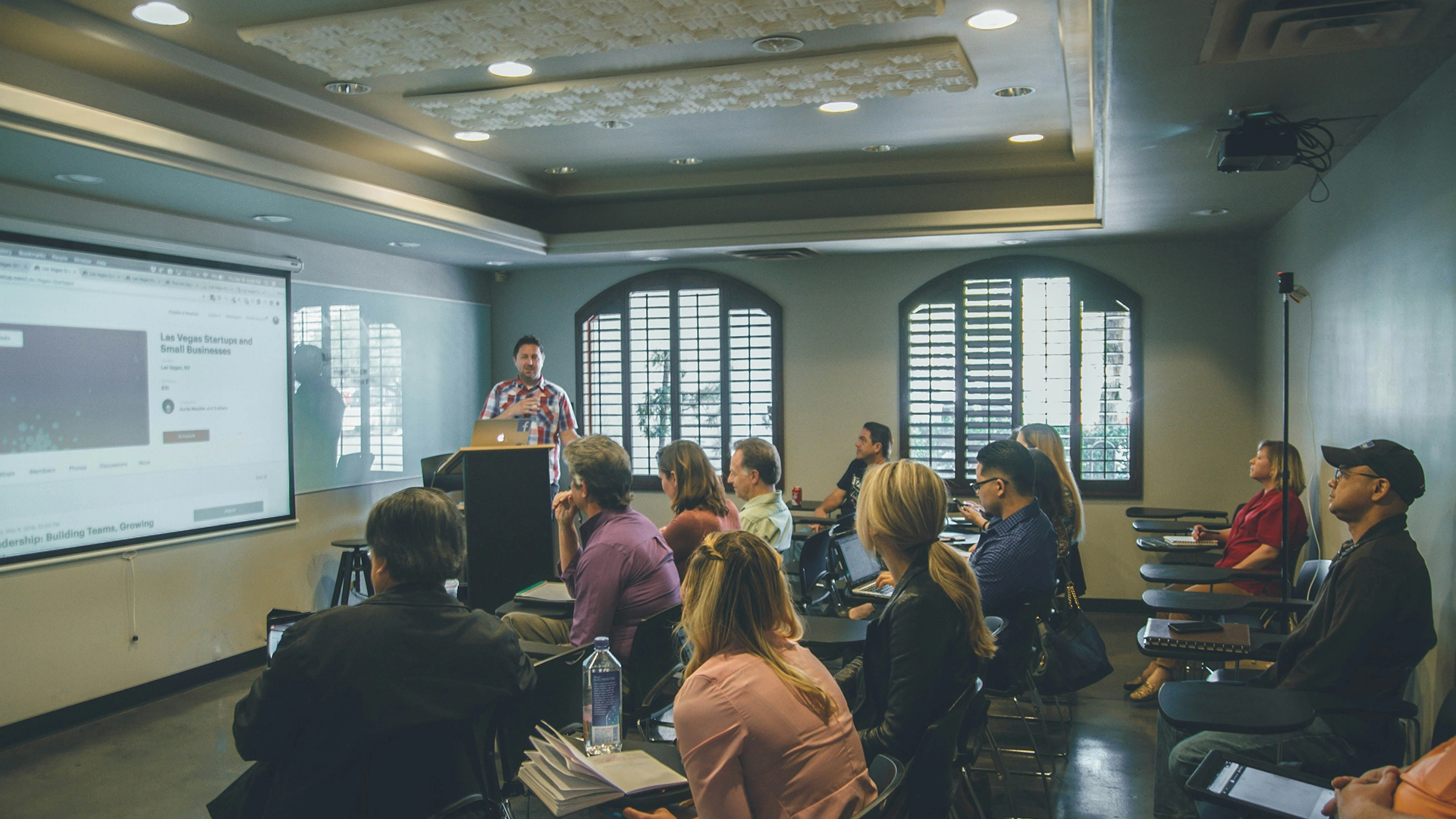
Image by Kenny Eliason, from Unsplash
Teachers Admit Defeat in Race Against ChatGPT in Classrooms
University assessment methods need to inevitably change as artificial intelligence is creating new obstacles that teachers and educational institutions cannot seem to solve.
In a rush? Here are the quick facts:
- Teachers struggle to design coursework resistant to ChatGPT and generative AI.
- Oral exams help, but workloads make them unrealistic for large classes.
- AI detection tools often fail as technology rapidly evolves.
A new research study conducted by Australian researchers demonstrates that the new challenges do not lie simply in preventing cheating, but are more far-reaching, calling it a “wicked problem” with no simple solution.
It is now common knowledge that AI tools can produce articulated essays in seconds, undermining traditional formats of exams and coursework. In order to overcome this, universities have attempted to respond with the implementation of new, stricter exams and AI detection software.
However, as the researchers note, this technology is rapidly evolving, and teachers struggle to keep up. Indeed, a recent study found that AI models are improving exponentially, doubling their power every 7 months.
One teacher admitted: “Every time I think I’ve adjusted the assessments to make them AI-resistant, AI improves.”
The study interviewed 20 Australian university teachers who had redesigned their assessments. Many described impossible trade-offs. One noted to The Conversation: “We can make assessments more AI-proof, but if we make them too rigid, we just test compliance rather than creativity.” Another added: “Have I struck the right balance? I don’t know.”
This results in teachers facing heavier workloads. Oral exams are obviously more AI-resistant; however, they are time-consuming.
As one explained: “250 students by […] 10 min […] it’s like 2,500 min, and then that’s how many days of work is it just to administer one assessment?”
Others said AI made their years of course design feel suddenly obsolete: “I’ve spent so much […] time on developing this stuff. They’re really good as units, things that I’m proud of. Now I’m looking at what AI can do, and I’m like, what […] do I do? I’m really at a loss, to be honest.”
The researchers argue that instead of chasing perfect fixes, universities should allow teachers “permission to compromise,” recognizing that all solutions involve trade-offs. Without this support, the weight of responsibility risks crushing educators already stretched thin.


 Previous Story
Previous Story

 Latest articles
Latest articles 